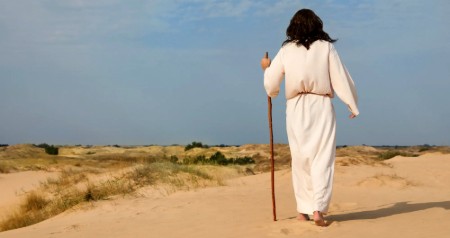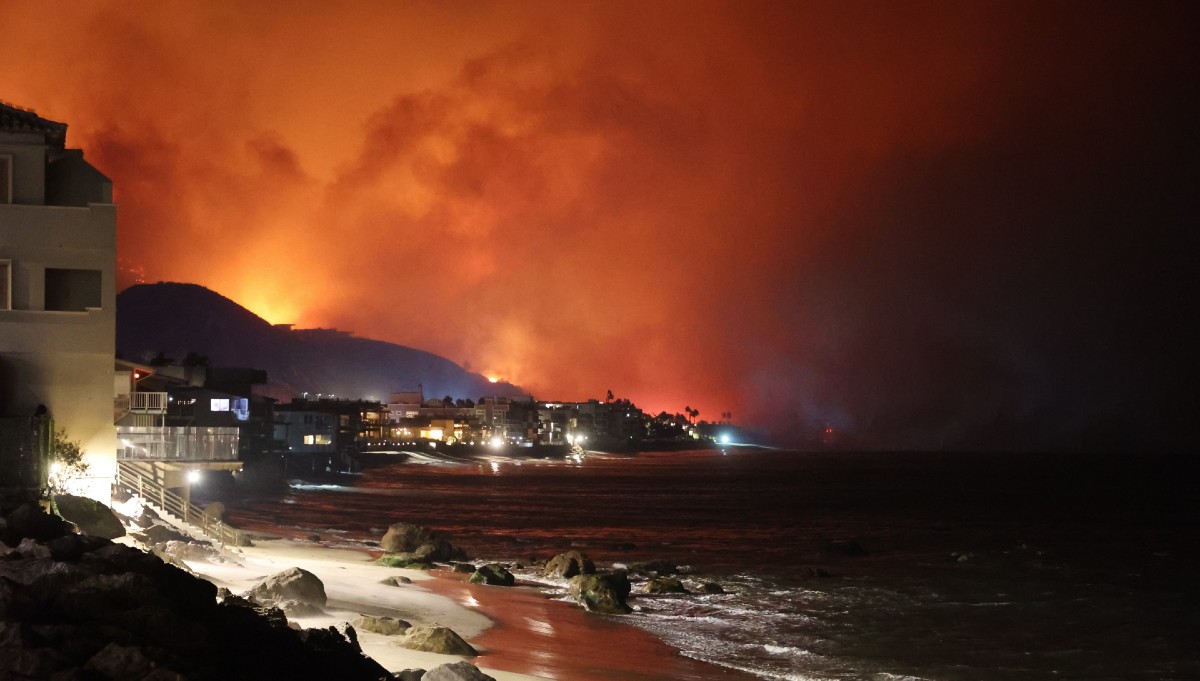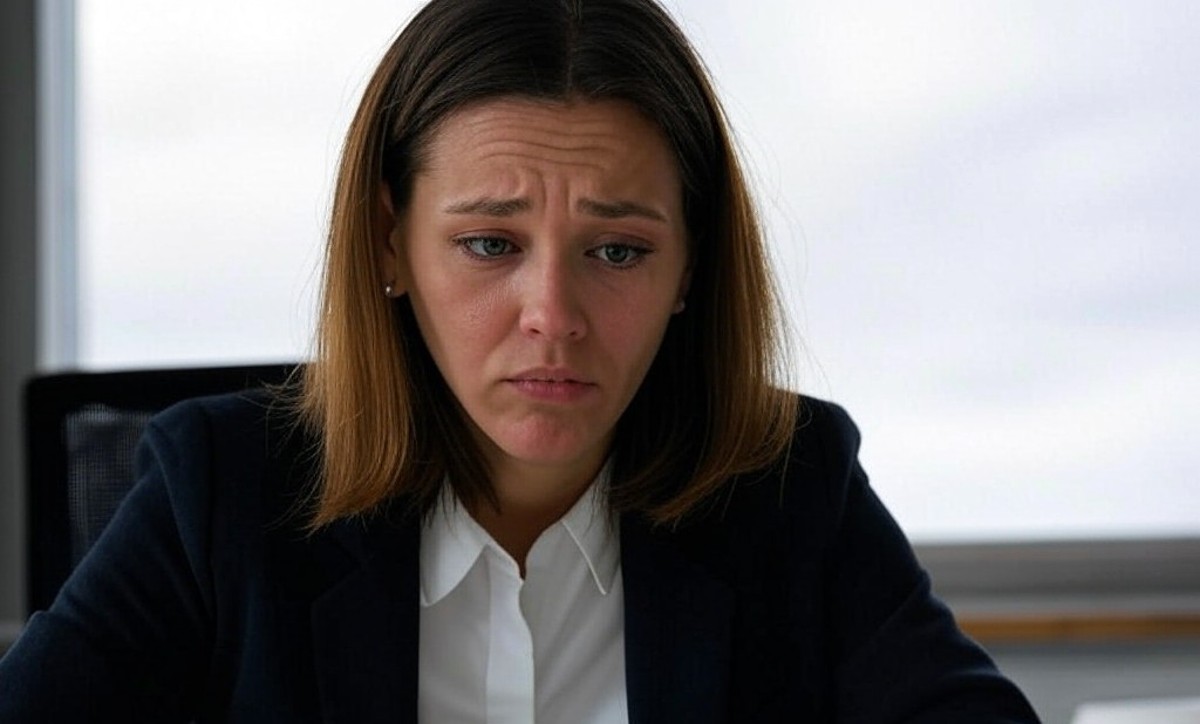We ask you, urgently: don’t scroll past this
Dear readers, Catholic Online was de-platformed by Shopify for our pro-life beliefs. They shut down our Catholic Online, Catholic Online School, Prayer Candles, and Catholic Online Learning Resources—essential faith tools serving over 1.4 million students and millions of families worldwide. Our founders, now in their 70's, just gave their entire life savings to protect this mission. But fewer than 2% of readers donate. If everyone gave just $5, the cost of a coffee, we could rebuild stronger and keep Catholic education free for all. Stand with us in faith. Thank you.Help Now >
Churches of the Middle East: Witnesses of Jesus in a World with More Shadows than Lights
FREE Catholic Classes
The working document of the Synod for the Middle East calls for a personal conversion of Christians through a return to the spirit of the Gospel.
Highlights
VATICAN CITY (AsiaNews) - Minorities in countries that do not understand and do not accept religious freedom are divided by a "wavering and perplexed" faith. Christians in the Middle East must rediscover their role as "witnesses" of Jesus by promoting dialogue between Jews and Muslims, respect for human rights and peace. These are vital for the region. They must also abandon the temptations of "self-preoccupation and fear of others".
This is a portion of the perspective for the future outlined in the working document, the "Lineamenta", for the Special Synod for the Middle East, which will be held 10 to 24 October 2010. It was presented today at the Vatican.
The 28 page document - entitled "The Catholic Church in the Middle East: communion and witness" - was drafted by a pre-synodal council composed by seven patriarchs, two presidents of Episcopal conferences and four department heads of the Roman Curia.
It is an analysis, point by point, of the reality in which Christians in the region live and considers the prospects for their continued presence. Each chapter ends with a series of questions put forward for the reflection of the "synod fathers".
The political and social framework that is outlined within it has decidedly more shadows than lights. "The Israeli occupation of Palestinian territories makes everyday life, freedom of movement, economic and religious life difficult"; "the war in Iraq has unleashed forces of evil" and "Christians are among the main victims of the Iraqi community because they are the smallest and weakest".
In Lebanon, "Christians are deeply divided along political and confessional lines, and nobody has a project that may be accepted by all", in Egypt,"the growth of political Islam on the one hand and disengagement of the Christians in civil society expose them to intolerance, inequality and injustice ", in Turkey, "the current concept of secularism continues to pose problems for the religious freedom of the country".
All this in a general framework that on the one hand sees the growth of political Islam and on the other the disinterest of world. The first, in a region where the majority is largely Muslim, "sees the cause of all evils in the distancing of Islam". "The solution, therefore, is a return of the origins of Islam". "To do that some do not hesitate to resort to violence." "These extremist currents are a threat to everyone, Christians and Muslims, and we must face them together." As for the second, "the game of international politics, often ignores the existence of Christians".
Further aggravating the picture is the fact that "too often our countries identify the West with Christianity," for which "the political choices of Western states are ascribed to the Christian faith". "This confusion, which is explained by the fact that the Muslim world does not distinguish easily between politics and religion, greatly harms the churches of the region" and "puts Christians in the delicate situation of non-citizens."
The confusion between politics and religion also leads to the prohibition by the state legal systems of the conversion to a religion other than Islam. "Religious freedom and that of conscience, are unknown in the Muslim mentality". "In Islam there is no secularism, except Turkey; Islam is, in general, the state religion, the main source of legislation, inspired by Sharia".
As for the other great faith in the region, "Given the political situation of conflict between the Palestinians and the Arab world on the one hand and the State of Israel on the other, dialogue is poorly developed in the churches of the region. Relations with Judaism are the of prerogative of the Churches of Jerusalem". However, there are "many associations of Jewish-Christian dialogue."
"On the theological level is appropriate to explain to our faithful the religious bonds between Judaism and Christianity, based on the relationship between the Old and New Testaments, to avoid the political ideologies that undermine that relationship". As for the political issue proper, "it is up to us, as Christians, to encourage all peaceful means which could lead to peace through justice."
This is the "outside" reality in which the churches live, all the many churches (the Catholic churches alone are seven) in the region. One of the first issues, then, is coexistence and cooperation among Christians. "Relations are generally good and friendly" even if there are "some difficulties" of a pastoral nature, like the claim of some churches that in case of mixed marriage insist on baptising the Catholic partner again or "insurmountable difficulties" that oppose the unification of dates for the celebration of Christmas and Easter or the "difficult relationships" in the Holy Places. Nevertheless, "The ecumenical dimension is fundamental if the Christian witness is to be genuine and credible."
"Witness" is the answer proposed by the "Lineamenta". It calls for "a personal conversion of Christians, starting with the pastors, through a return to the spirit of the Gospel." The Churches of the Middle East "are active: there are numerous projects, many movements of young people, many educational institutions and charities, etc.. Sometimes these activities are professionally effective, but they are not always a witness. "
In conclusion, "our current situation and rather reduced presence is a consequence of history. But we, with our behavior, can improve our present and even our future. On the one hand, the global policies are a factor that will affect our decision to remain in our country or to emigrate. One the other, the acceptance of our vocation as Christians in and for our society will be a major factor of our presence and witness in our countries. "
Join the Movement
When you sign up below, you don't just join an email list - you're joining an entire movement for Free world class Catholic education.
-

-
Mysteries of the Rosary
-
St. Faustina Kowalska
-
Litany of the Blessed Virgin Mary
-
Saint of the Day for Wednesday, Oct 4th, 2023
-
Popular Saints
-
St. Francis of Assisi
-
Bible
-
Female / Women Saints
-
7 Morning Prayers you need to get your day started with God
-
Litany of the Blessed Virgin Mary
Introducing "Journey with the Messiah" - A Revolutionary Way to Experience the Bible
-

Catholic Response to Devastating Los Angeles Wildfires
-

Federal Court Blocks Biden Administration's Gender Identity Rule
-
A Future for Life: Introducing the Winners of the Priests for Life Pro-Life Essay Contest
-
Reflections on Pope Francis' 2025 World Day of Peace message
Daily Catholic
 Daily Readings for Friday, January 10, 2025
Daily Readings for Friday, January 10, 2025 St. William of Bourges: Saint of the Day for Friday, January 10, 2025
St. William of Bourges: Saint of the Day for Friday, January 10, 2025 Prayer for a Blessing on the New Year: Prayer of the Day for Tuesday, December 31, 2024
Prayer for a Blessing on the New Year: Prayer of the Day for Tuesday, December 31, 2024- Daily Readings for Thursday, January 09, 2025
- St. Adrian, Abbot: Saint of the Day for Thursday, January 09, 2025
- St. Theresa of the Child Jesus: Prayer of the Day for Monday, December 30, 2024
![]()
Copyright 2024 Catholic Online. All materials contained on this site, whether written, audible or visual are the exclusive property of Catholic Online and are protected under U.S. and International copyright laws, © Copyright 2024 Catholic Online. Any unauthorized use, without prior written consent of Catholic Online is strictly forbidden and prohibited.
Catholic Online is a Project of Your Catholic Voice Foundation, a Not-for-Profit Corporation. Your Catholic Voice Foundation has been granted a recognition of tax exemption under Section 501(c)(3) of the Internal Revenue Code. Federal Tax Identification Number: 81-0596847. Your gift is tax-deductible as allowed by law.







 Daily Readings for Friday, January 10, 2025
Daily Readings for Friday, January 10, 2025 St. William of Bourges: Saint of the Day for Friday, January 10, 2025
St. William of Bourges: Saint of the Day for Friday, January 10, 2025 Prayer for a Blessing on the New Year: Prayer of the Day for Tuesday, December 31, 2024
Prayer for a Blessing on the New Year: Prayer of the Day for Tuesday, December 31, 2024

